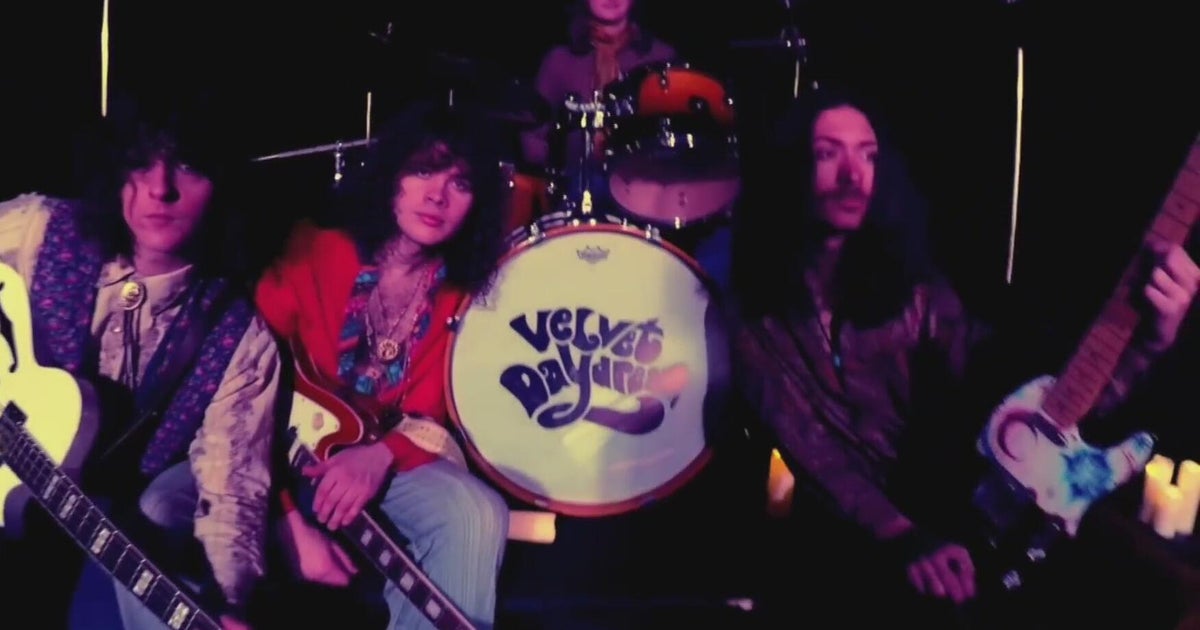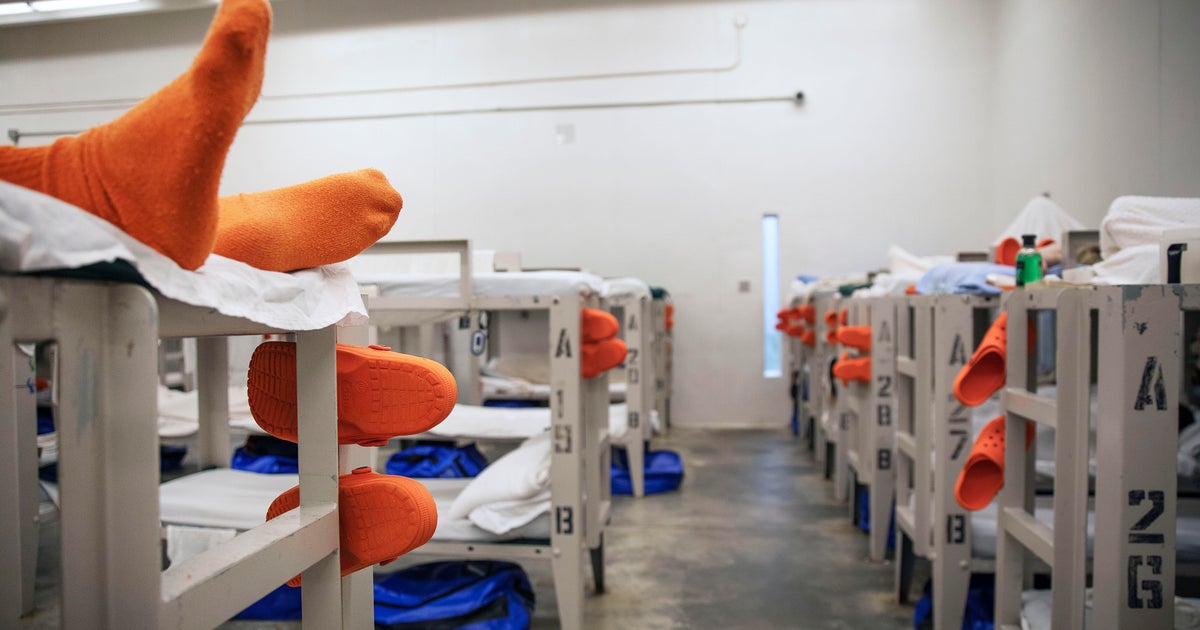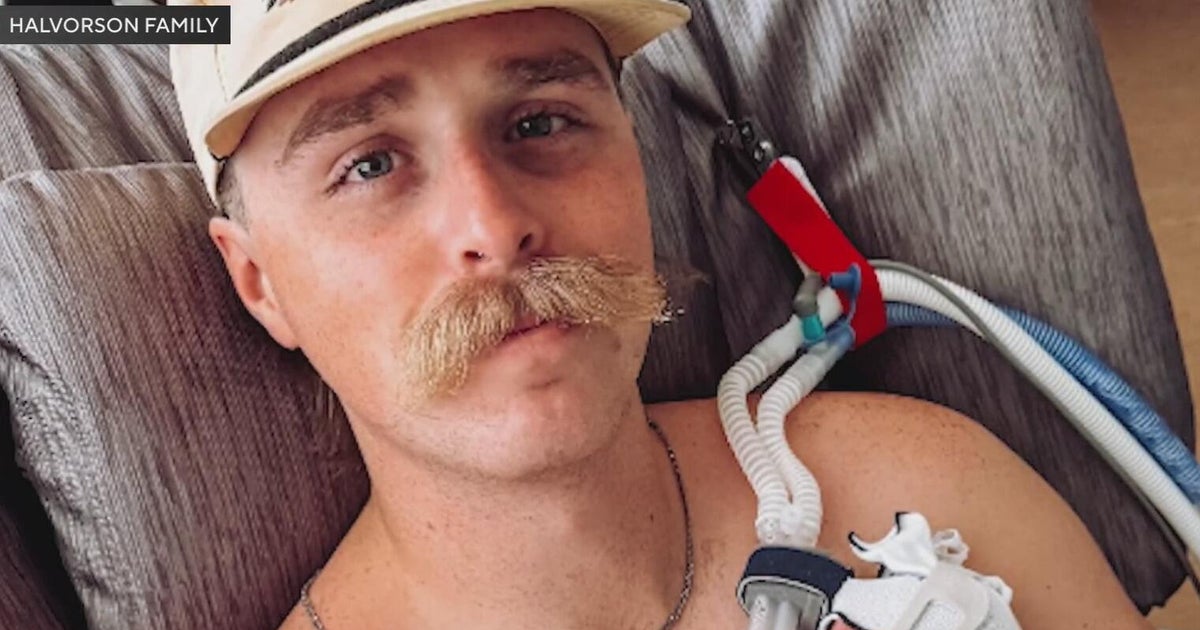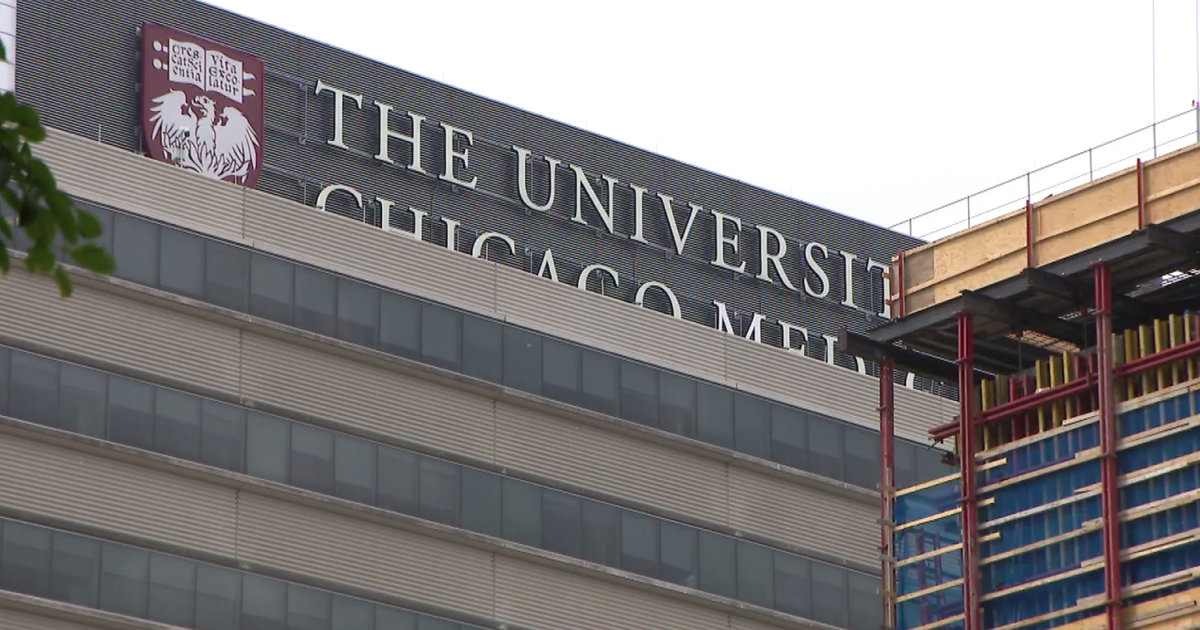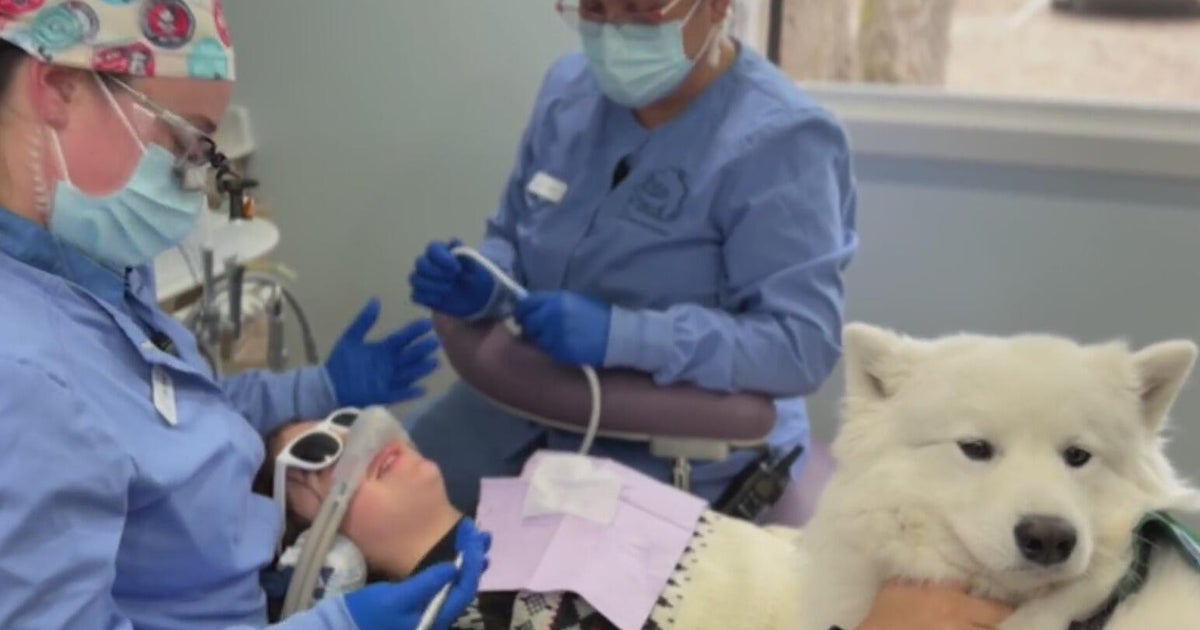Neurotech company looks to virtual reality and AI to help provide hospice care
National data shows the number of hospice patients in the U.S. is growing so fast that there aren't enough chaplains to provide patients with the spiritual care they're looking for at the end of their lives.
One company is turning to artificial intelligence and virtual reality to close the gap.
Mary Peruzzo clutches her rosary and says a prayer each night before heading to bed.
"It's a feeling of being watched over and guiding me and protecting me," said Peruzzo.
The 89-year-old woman's Catholic faith is an integral part of who she is. It's now difficult for her to attend mass in-person, so she turns to television.
"Here I am able to watch the mass in Rome. I've been blessed. I have a front row seat and there's the Pope," said Peruzzo.
To bring religious figures and experiences into homes of hospice patients, health care companies like CareYaya are building virtual reality projects leveraging artificial intelligence.
"It's really cathartic. It's nice," said CareYaya chief technology officer Gavry Eshet.
CareYaya is debuting "SpiritAI," a VR experience that can be used with headsets. After patients click to choose their religious affiliation, they are transported virtually to the appropriate cathedral, mosque or temple.
"A lot of people want to visit a place of worship you know they want to kind of have that meaning and connection as they approach end of life and just services are lacking," said CareYaya CEO Neal Shah.
His company's goal is to add more guided meditation journeys to address the gap between the more than 1.5 million hospice patients across the country, according to national health statistics, and the approximately 7,500 hospice chaplains who serve them.
"We thought we could build something using AI virtual reality technology to customize, lacking, spiritual fulfillment at the end of life no one wants to go through that," said Shah.
Studies have shown religious people are less likely to have pain and fatigue.
Peruzzo is embracing new advances in health technology as she battles Parkinson's. She is open to one day putting on a VR headset and traveling to Rome virtually to see and hear the Pope.
"My goodness, I would love to see how it feels," said Peruzzo.
For now, she's holding on to her traditional ways of experiencing holiness, while envisioning new possibilities to find comfort and peace in a virtual world.
"I just couldn't live without it," said Peruzzo.
CareYaya provides hospice caretakers using healthcare students at universities.
